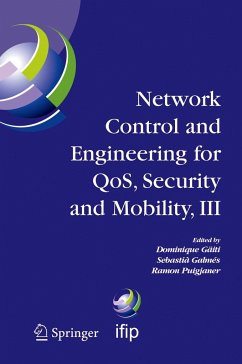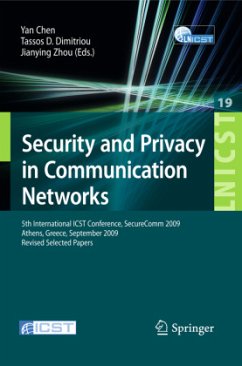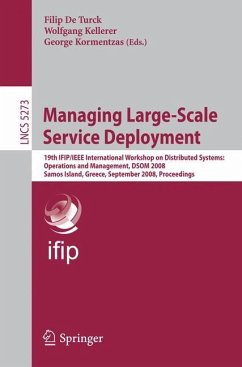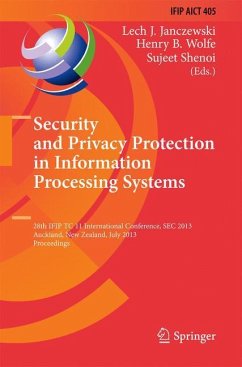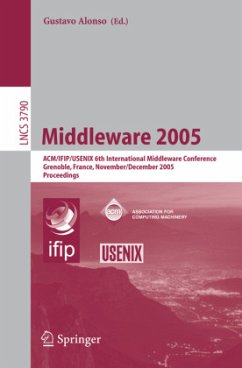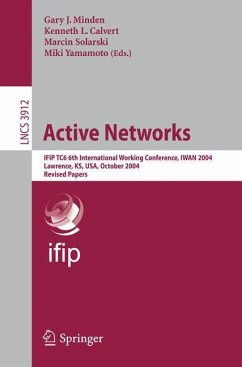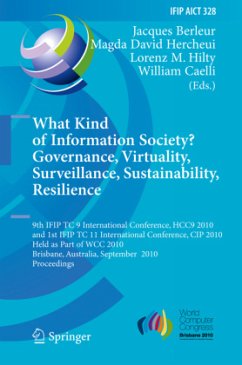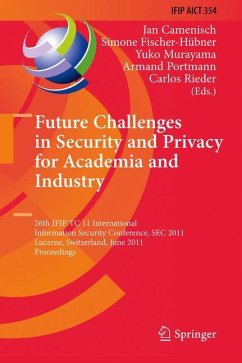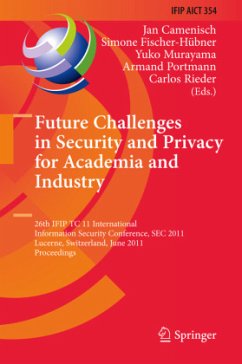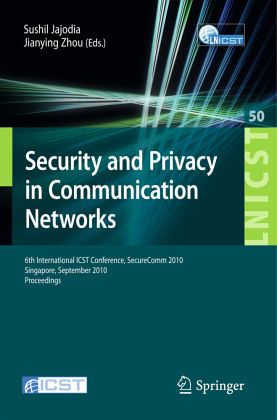
Security and Privacy in Communication Networks
6th International ICST Conference, SecureComm 2010, Singapore, September 7-9, 2010, Proceedings
Herausgegeben: Jajodia, Sushil; Zhou, Jianying

PAYBACK Punkte
38 °P sammeln!
These proceedings contain the papers selected for presentation at the 6th - ternational Conference on Security and Privacy in Communication Networks - SecureComm 2010 - held on September 7 9, 2010 in Singapore. In response to the call for papers, 112 papers were submitted to the conf- ence. These papers were evaluated on the basis of their signi?cance, novelty,and technical quality. Each paper was reviewed by at least three members of the program committee. The program committee meeting was held electronically, with intensive discussions over a period of two weeks. Finally, 28 papers were sele...
These proceedings contain the papers selected for presentation at the 6th - ternational Conference on Security and Privacy in Communication Networks - SecureComm 2010 - held on September 7 9, 2010 in Singapore. In response to the call for papers, 112 papers were submitted to the conf- ence. These papers were evaluated on the basis of their signi?cance, novelty,and technical quality. Each paper was reviewed by at least three members of the program committee. The program committee meeting was held electronically, with intensive discussions over a period of two weeks. Finally, 28 papers were selected for presentation at the conference, giving an acceptance rate of 25%. There is a long list of people who volunteered their time and energy to put together the symposium and who deserve acknowledgment. Success of any c- ference depends on the quality of the selected papers. We are grateful to the membersoftheprogramcommitteeandexternalreviewersforalltheirhardwork during the review and the selection process. Feng Bao, SecureComm 2010 G- eral Chair, deserves our special thanks for his support and suggestions. Thanks are due also to our keynote speakers, Pierangela Samarati and Robert H. Deng, and to Ying Qiu for managing the submission/review system and the conf- ence website. Last, but certainly not least, our thanks go to all the authors who submitted papers and all the attendees. We hope that you will ?nd the contributions stimulating and a source of inspiration for future research.



